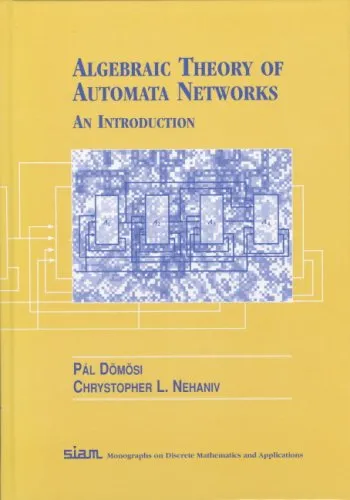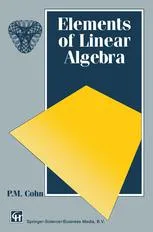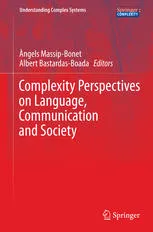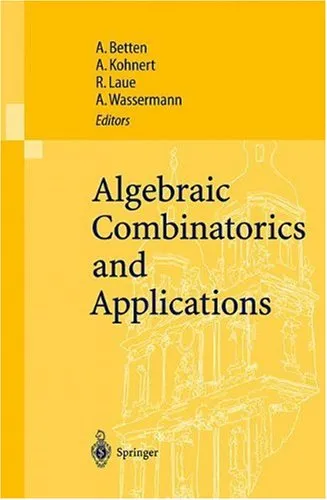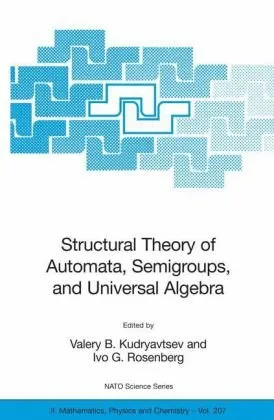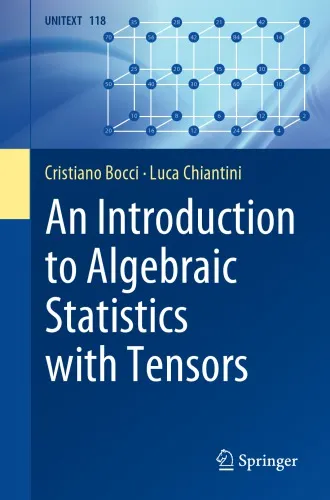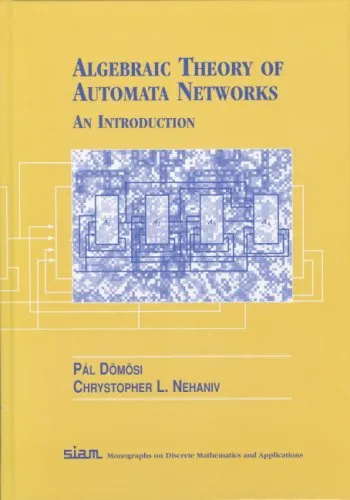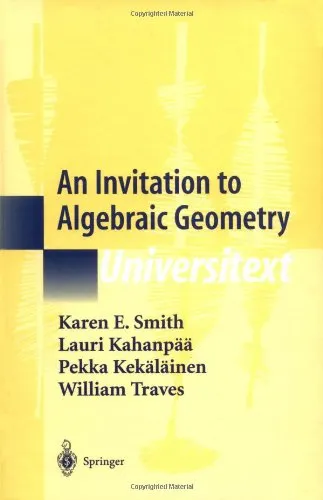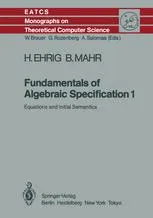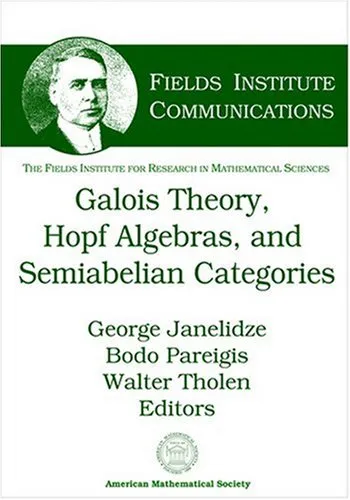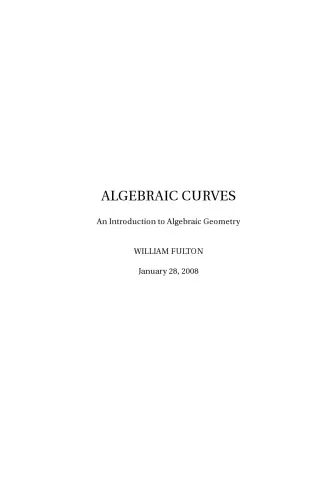Algebraic theory of automata networks: an introduction
4.3
Reviews from our users

You Can Ask your questions from this book's AI after Login
Each download or ask from book AI costs 2 points. To earn more free points, please visit the Points Guide Page and complete some valuable actions.Related Refrences:
Welcome to an introduction to the intricate yet fascinating world of automata networks, through the lens of algebraic theory. This book aims to bridge foundational concepts with cutting-edge applications in a manner that enlightens both students and researchers.
Detailed Summary of the Book
The book "Algebraic Theory of Automata Networks: An Introduction" serves as a comprehensive guide to understanding the mathematical framework underlying automata networks. The text delves into the algebraic structures that definably express the behavior and configuration of these networks. Initial chapters lay the groundwork by exploring fundamental theories of automata and their historical evolution. Progressively, the book navigates through more complex notions such as the dynamical systems perspective, the nuance of state changes, and the role algebra plays in modeling these transitions.
Building upon core algebraic concepts, the book introduces networks of interacting automata—structures where the behavior of each component automaton contributes to the larger system's dynamics. The emphasis is on exploring how algebraic methods can be leveraged to analyze these interactions, predict outcomes, and optimize network configurations for varied applications. This volume teems with diagrams and proofs, offering readers practical illustrations of theory in action. By the conclusion, readers are equipped not only to understand but also to create and manipulate automata networks in both theoretical and applied contexts.
Key Takeaways
This book offers both foundational knowledge and advanced insights, serving as crucial reading for anyone interested in the intersection of algebra, automata, and networks:
- Illustrates the integration of algebraic principles in understanding automata behavior.
- Explains the role of mathematical abstraction in modeling complex systems.
- Offers methodological tools for analyzing dynamic networks.
- Helps in developing a systemic approach to control, optimize, and predict the behavior of automata networks.
Famous Quotes from the Book
"Algebra serves as the language through which the complexity of automata networks is not just described, but profoundly understood."
"The true power of automata lies not in their individual simplicity but in the extraordinary complexity they build together."
Why This Book Matters
The significance of "Algebraic Theory of Automata Networks: An Introduction" lies in its ability to demystify a complex subject through a structured, step-by-step approach. As modern computing increasingly relies on the sophisticated interaction of simple, rule-based components, understanding these networks becomes pivotal. This book provides a clear pathway for scholars and practitioners to not only conceptualize automata networks but also to apply this knowledge in fields such as computational biology, networked control systems, and machine learning.
Moreover, this work contributes to academic discourse by presenting automata networks in a new light—focusing on algebra as a unifying framework. For those engaging in research or application development within computational theory, this book offers invaluable perspectives and tools. Its relevance extends from academia to industry, making it an essential resource for anyone keen on mastering the dynamic landscape of automata networks.
Free Direct Download
You Can Download this book after Login
Accessing books through legal platforms and public libraries not only supports the rights of authors and publishers but also contributes to the sustainability of reading culture. Before downloading, please take a moment to consider these options.
Find this book on other platforms:
WorldCat helps you find books in libraries worldwide.
See ratings, reviews, and discussions on Goodreads.
Find and buy rare or used books on AbeBooks.
1451
بازدید4.3
امتیاز0
نظر98%
رضایتReviews:
4.3
Based on 0 users review
Questions & Answers
Ask questions about this book or help others by answering
No questions yet. Be the first to ask!
